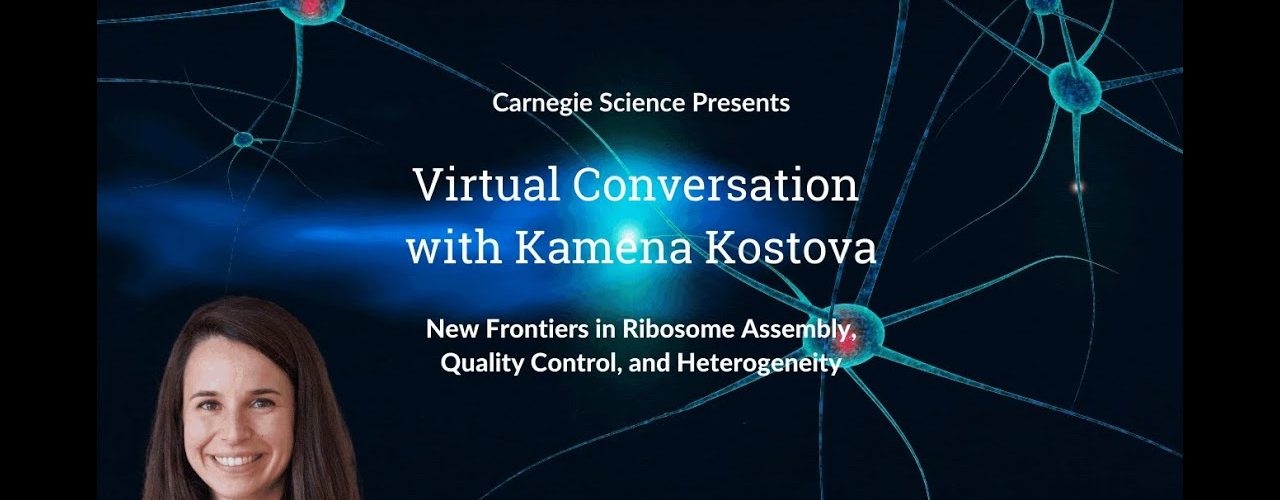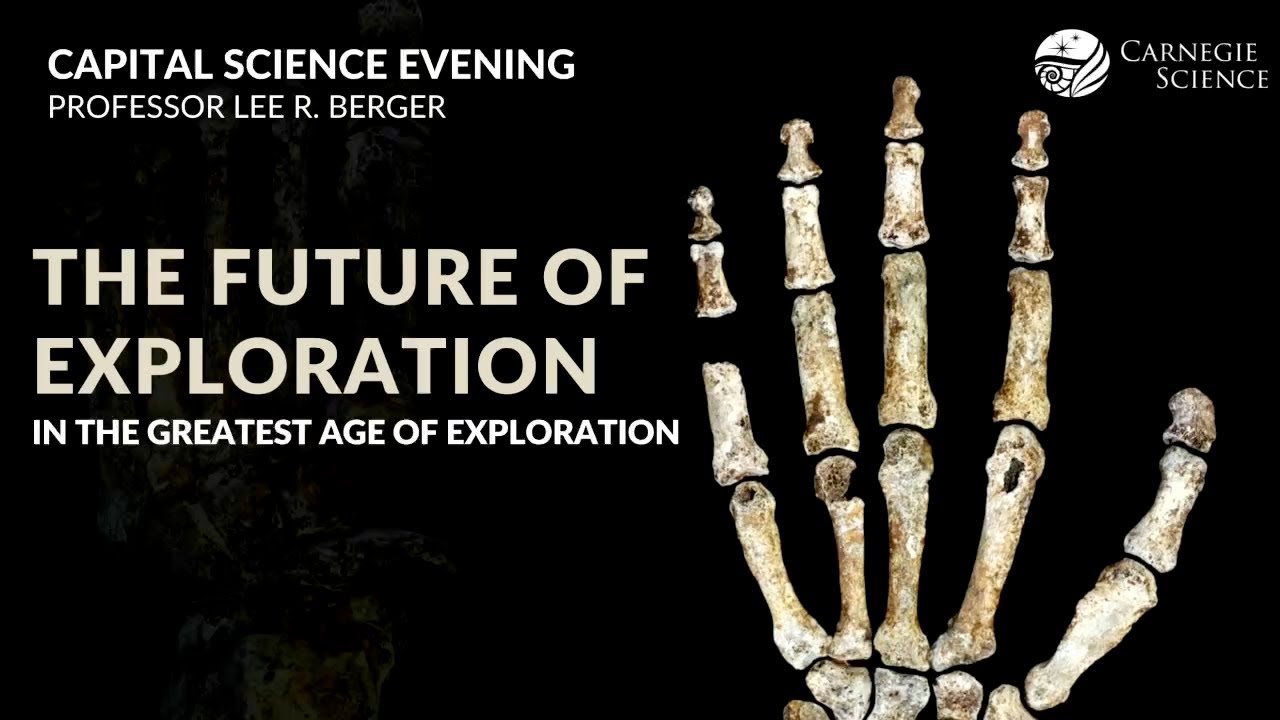Join us to learn about cellular machinery from Carnegie Science Staff Associate Kamena Kostova.
The eukaryotic ribosome is a complex molecular machine responsible for the translation of genetic material to protein. Over the years, researchers have gained detailed knowledge of ribosome structure, function, and synthesis; however, how cells monitor the integrity of the ribosome itself remains a major unanswered question in the translation field. Alterations in ribosome structure and function have been associated with diseases such as neurodegeneration and cancer. Indeed, mutations, environmental stress, or mistakes during assembly can lead to malfunctioning ribosomes that need to be detected and marked for degradation. Kostova’s lab uses cutting-edge technology, such as CRISPR-mediated genome editing, to understand how cells maintain ribosomal integrity and to investigate what happens when a cell’s ribosomes break down.
Kostova received a B.S. in Biology from the Massachusetts Institute of Technology and a Ph.D. in Biomedical Sciences from the University of California, San Francisco. She was a recipient of a Fred Hutchinson Cancer Research Center 2018 Harold M. Weintraub Graduate Student Award.
October 12, 2020





